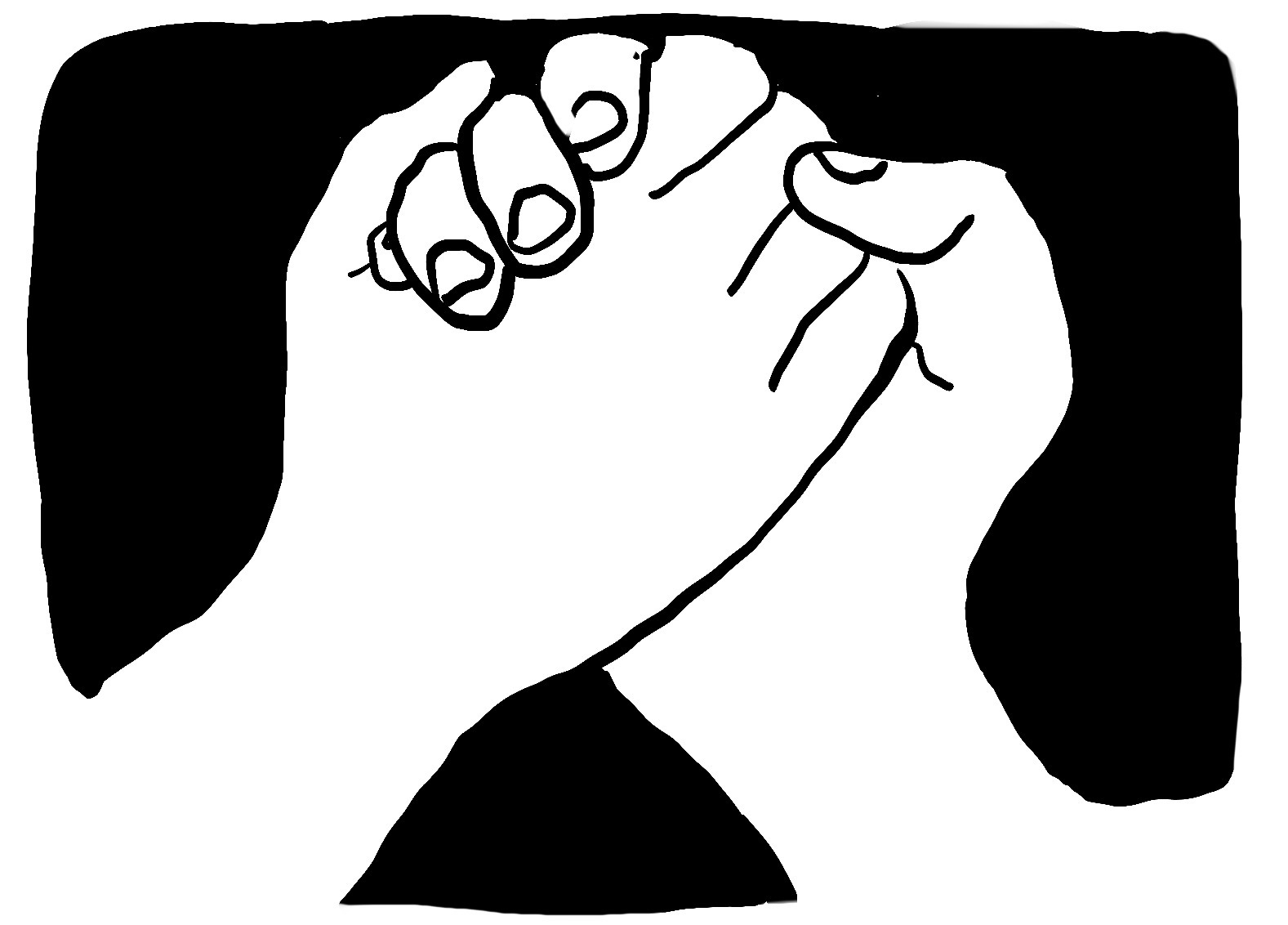Dear Bowdoin, pay us.
March 31, 2023
 This
piece represents the opinion of the author
.
This
piece represents the opinion of the author
.

Despite its 2.5 billion-dollar endowment, Bowdoin runs on under-compensated and uncompensated labor. This labor is unrecognized but profoundly important. We are tired of doing unpaid work for a multi-billion dollar institution—Bowdoin can afford to pay us for the labor it profits off of.
Many students and staff members are undercompensated by Bowdoin—their jobs don’t allow them to log all of the hours they work. Often, this manifests itself as workers undercounting hours in adherence to a hard cap or deceptively spreading hours over multiple days to avoid overtime pay. Student workers are undercompensated in a variety of campus roles, such as learning assistants, lab assistants, IT technicians, THRIVE workers and many more. Staff in support and administrative positions are implicitly expected to perform tasks and readily respond to emails after their official work hours. The extra hours that staff and students contribute are essential to campus life as we know it.
Some work isn’t even recognized as labor and thus goes completely uncompensated. Uncompensated labor is unpaid work that is essential to either the reputation of the College or the welfare of the student body. Uncompensated workers include affinity group leaders, Peer Health advisors, wellness leaders, BOC officers, Alternative Spring Break leaders, Orientation trip leaders, RISE coordinators and more. Respondents who reported uncompensated work in a Bowdoin Labor Alliance survey contributed an average of 6.95 hours of unpaid labor a week. Admittedly, the survey had a small and self-selecting sample population; even still, this statistic is indicative of a larger problem. Unpaid labor is the backbone of student life and community care at Bowdoin.
Unpaid labor is a prevalent and pernicious issue, one which disproportionately affects low-income students and students of color—groups that are often one and the same. Between class work, on-campus jobs and extracurriculars, many of us working-class students simply don’t have the capacity for unpaid work. Students working 20-hour work weeks cannot do unpaid positions without skipping activities they’re interested in, overextending themselves or cutting back on paid hours. By withholding money from these important unpaid positions, Bowdoin inadvertently burdens poorer students, many of whom are the people of color Bowdoin purports to champion.
Despite not paying these positions, Bowdoin benefits from the labor it produces. The College never misses the opportunity to publicize services generated by unpaid student labor. Whether on social media, admissions paraphernalia or the Bowdoin website, the administration advertises student activities (e.g. Alternative Spring Break trips); student resources (e.g. Peer Health); student events (e.g. RISE); or student mindfulness sessions (e.g. weekly wellness programming). The labor of uncompensated students is transformed into social capital to cultivate a specific image of Bowdoin. This cultivated brand ultimately boosts Bowdoin’s profits.
This phenomenon of flaunting work but not compensating that work is particularly problematic for affinity programming. It feels insulting when Bowdoin will pay professional photographers to capture and publicize affinity events, such as Diwali or the Ebony Ball, but not the affinity leaders that organize them. It feels as though Bowdoin treats students of color as objects to be put on display, as if we’re accepted to create promotional materials and to earn Bowdoin diversity points. If the administration genuinely wants to commit to diversity, equity and inclusion, they should start with paying affinity group leaders, along with all the other unpaid workers on campus.
At its most basic level, we believe that people should be paid for the work they do—especially at a school as wealthy as Bowdoin. We want Bowdoin to provide an accessible and confidential avenue for workers to report and log undercompensated hours. We want Bowdoin to compensate all student labor that is essential to either the reputation of the College or the welfare of the student body, whether that is by wage labor or a stipend. We request a response from the administration.
If you agree with the sentiments of this article, consider signing onto this petition and joining our campaign here.
Ahmad Abdulwadood and Rachel Klein are members of the Class of 2024 and members of the Bowdoin Labor Alliance.

Comments
Before submitting a comment, please review our comment policy. Some key points from the policy: